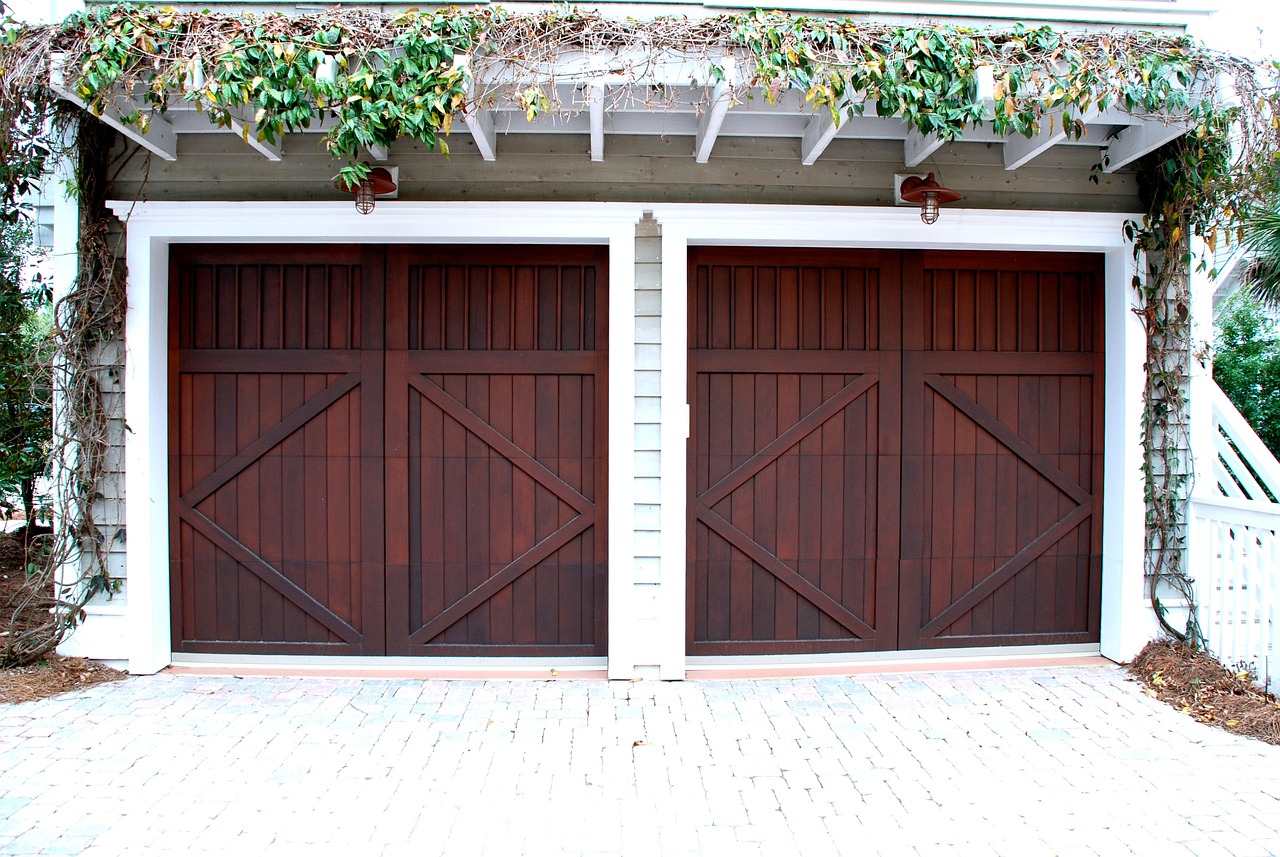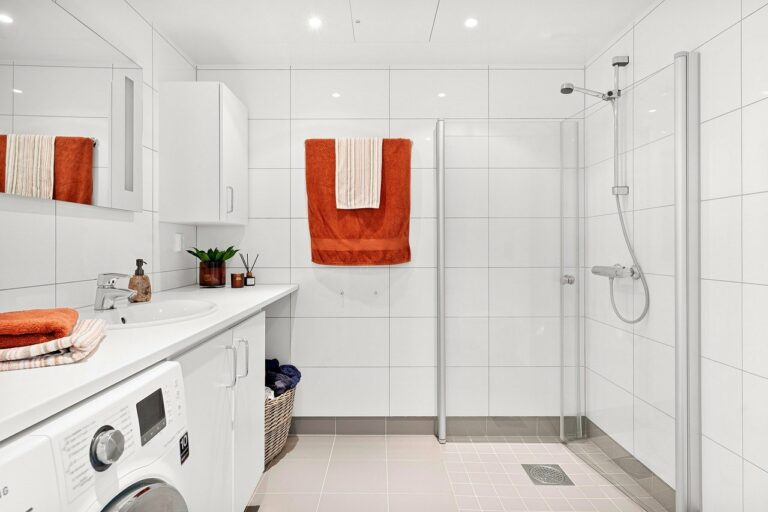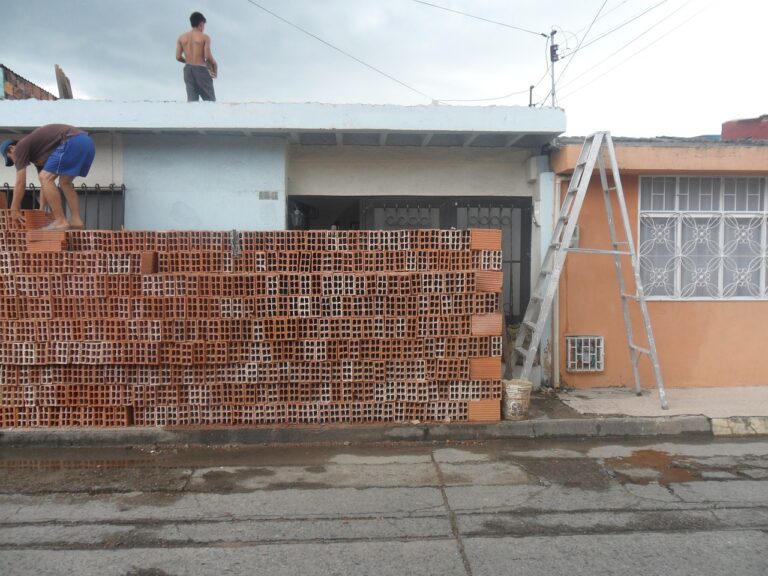Selecting Non-Toxic Materials for Appliance Renovations: Sky247, Gold365 login, Gold 365 site sign up
sky247, gold365 login, gold 365 site sign up: When renovating your appliances, it’s essential to consider the materials you are using in order to ensure they are non-toxic. Exposure to toxic materials can have harmful effects on your health and the environment, so it’s important to make environmentally-friendly choices when upgrading your appliances. Here are some tips for selecting non-toxic materials for your appliance renovations.
1. Avoid PVC: Polyvinyl chloride, also known as PVC, is a commonly used plastic material in appliances. However, PVC contains harmful chemicals like phthalates and lead, which can leach out over time and cause health problems. Opt for appliances that are PVC-free or made with alternatives like stainless steel or glass.
2. Choose Low VOC Paints: When painting your appliances, make sure to use low VOC (volatile organic compound) paints. These paints emit fewer harmful chemicals into the air, reducing indoor air pollution in your home.
3. Look for BPA-Free Plastics: Bisphenol A, or BPA, is a chemical found in many plastics that can disrupt hormones and have negative health effects. When selecting materials for your appliances, choose items that are labeled as BPA-free to avoid exposure to this harmful chemical.
4. Consider Sustainable Materials: When possible, opt for sustainable materials like bamboo, recycled glass, or reclaimed wood for your appliance renovations. These materials are eco-friendly and typically non-toxic, making them a great choice for a green home.
5. Check for Certifications: Look for appliances and materials that are certified by reputable organizations like Greenguard or Energy Star. These certifications ensure that the products meet strict standards for environmental sustainability and non-toxicity.
6. Research Eco-Friendly Brands: Some brands specialize in producing eco-friendly appliances made with non-toxic materials. Do some research to find these companies and support their products for your appliance renovations.
7. Avoid Harsh Cleaning Chemicals: When cleaning your appliances, steer clear of harsh chemical cleaners that can leave behind toxic residues. Opt for natural cleaning products or DIY solutions using ingredients like vinegar and baking soda.
8. Consider Energy Efficiency: In addition to selecting non-toxic materials, choose energy-efficient appliances for your renovations. Energy-efficient appliances not only save on utility bills but also reduce your carbon footprint and environmental impact.
9. Dispose of Old Appliances Properly: When replacing old appliances, make sure to dispose of them properly. Many appliances contain toxic materials like mercury or lead, so it’s important to recycle them at a certified e-waste recycling facility to prevent environmental contamination.
10. FAQs
Q: Are all stainless steel appliances non-toxic?
A: While stainless steel is generally considered a safe and non-toxic material, it’s essential to check for any added coatings or finishes that may contain harmful chemicals.
Q: How can I tell if a product is BPA-free?
A: Look for labels or certifications that indicate the product is BPA-free. Additionally, you can research the manufacturer’s website or contact customer service for more information.
Q: Are there non-toxic alternatives to PVC?
A: Yes, alternatives to PVC include materials like stainless steel, glass, and silicone. These materials are considered safer and more environmentally friendly than PVC.
In conclusion, selecting non-toxic materials for your appliance renovations is crucial for your health and the environment. By following these tips and guidelines, you can create a healthier and more sustainable home for you and your family.





